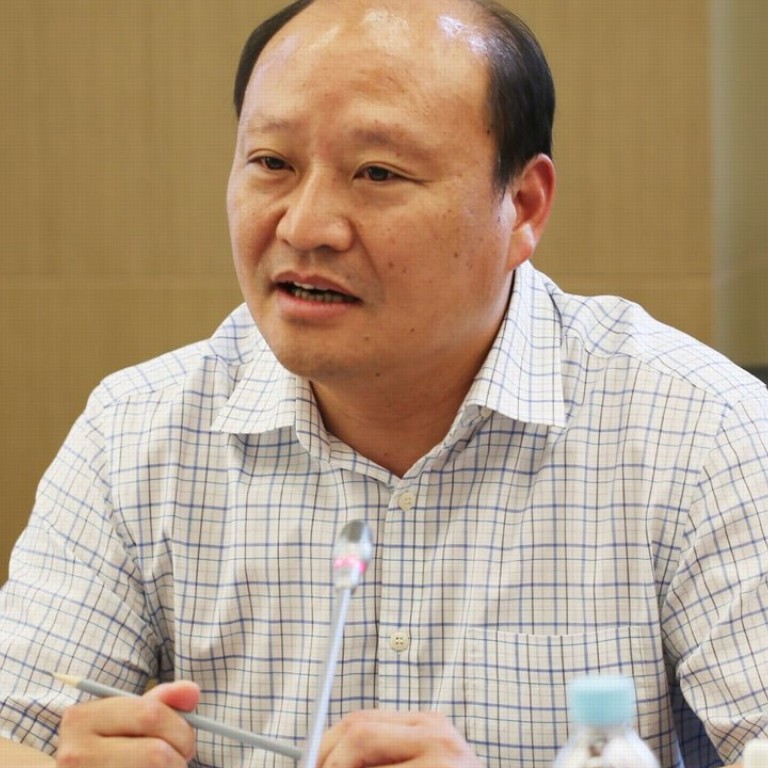
Fosun Pharmaceutical wants to be the Xiaomi of China’s drug industry
With a focus on overseas emerging markets, Fosun Pharma wants to challenge western rivals the same way Xiaomi did with Apple in smartphones
Shanghai Fosun Pharmaceutical Group is taking a page out of the marketing playbook of China’s smartphone makers with a strategy to compete with western rivals by offering lower cost medicine for the global market.
A unit of Fosun Group, one of China’s most aggressive buyers of overseas assets, Fosun Pharma wants to replicate what China’s Xiaomi did to global smartphone makers, especially in emerging markets like India.
“We have a similar development strategy to Chinese phone giants that produce high quality but much cheaper models,” said Scott Liu, CEO of Shanghai Henlius Biotech, a drug research arm under Fosun Pharma. “We can produce drugs that meet European Union standards but with a much cheaper price, which is our competitive edge,” he said.
China is the second largest pharmaceutical markets in the world, and is forecast to grow from US$108 billion in 2015 to US$167 billion by 2020, representing annual growth of 9.1 per cent, according to a 2016 report from the US International Trade Administration.
Accounting for 17 per cent of China’s total health expenditure – or US$78 per person – pharmaceutical sales have seen rapid growth amid Beijing’s national push to encourage domestic companies to develop original and generic drugs, with the latter category dominating the mainland market with 64 per cent of total drug sales last year, according to the report.
Riding on the back of this trend, Fosun Pharma – listed both in Hong Kong and Shanghai – saw its net profit jump 12.6 per cent to 1.7 billion yuan (US$262 million) in the first half of the year, with income from the company’s pharmaceutical manufacturing and R&D segment contributing more than 50 per cent of the profit.
While it is common to see Chinese doctors and patients prefer western branded products as they are deemed more effective and safe compared to Chinese drugs, China’s around 7,000 pharmaceutical firms, including Fosun Pharma, are aggressively trying to take over a bigger share of the highly competitive market.
One example is Artesun, the company’s anti-malaria medication manufactured by its subsidiary Guilin Pharma in southern Guangxi province. Delivered by injection, the drug is widely used in African hospitals and clinics to treat children suffering from malaria.
Major buyers of Artesun consist of various global charity funds including the Bill & Melinda Gates Foundation, founded by Microsoft founder Bill Gates, so it is not considered a high profit product for Fosun Pharma. However, the company said it has bet big on sales channels in African countries which were established for distribution of Artesun.
We have a similar development strategy to Chinese phone giants that produce high quality but much cheaper models
“We are set to transform our product line-up when malaria gets eliminated on the African continent,” said Wang Wang Wenxue, president of Guilin Pharmaceutical Co, adding that the firm would focus on developing drugs in the anti-infective segment of the market.
Fosun Pharma said it has adopted a strategy of taking market share with large scale and cheap generic drugs while putting effort into developing its own original drugs. Its R&D expenditures rose 28.1 per cent to 626 million yuan in the first half, according to the company.
“We have to grab the market share in the traditional drug segment, which is beyond doubt for us,” said William Wu Yifang, CEO of Fosun Pharma.
“You also have to acquire the most cutting edge technology using funding from venture capitalists and seed funds, grasping new opportunities that might become huge in 10 years. So Fosun Pharma is now expanding both in the traditional drug sector and in state of the art medicine,” he said.
Like its parent company, one of the approaches adopted by Fosun Pharma to achieve its goal is to acquire overseas firms that own medical technologies.
Its first such acquisition was Israeli cosmetic laser equipment manufacturer Alma Lasers, bought in 2013. Two years later it bought the American biotech company Ambrx along with other Chinese investors.
Fosun Pharm said it was still waiting for approval for its US$1.1 billion deal to buy Indian Gland Pharma, which it announced last year before the deal was halted by Indian authorities citing concerns over a foreign ownership of one of the country’s export quality medicine producers.
Most recently, in April Fosun Pharma acquired a major interest in Breas Medical Group, a Swedish manufacturer of home care ventilation and sleep apnoea devices. The in August it was revealed that the Chinese company was one of the bidders for a stake in US speciality drug maker Arbor Pharmaceuticals.
While its major focus is still on the mainland China market, Fosun Pharma hopes to gain access to overseas markets such as the US, India and South America with the help of its acquisitions, which already have established sales and distribution channels in those markets.
“We have seen that growth in international markets exceeds that of the domestic market,” said Wu. “With a healthy cash flow and stable funding channels, we are eying continued expansion overseas.”

